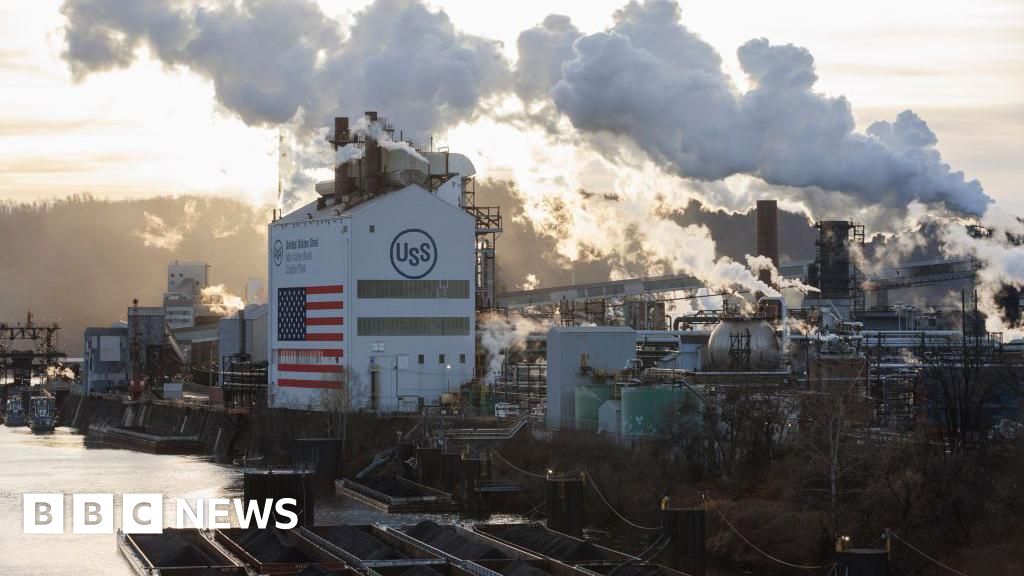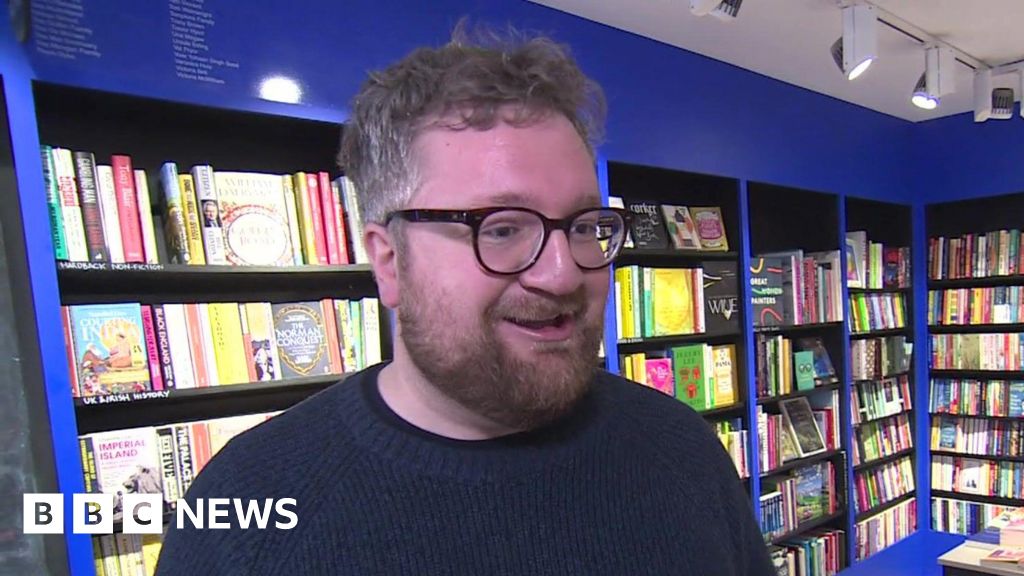Chancellor Rachel Reeves repeatedly called this a "Budget for growth". Is it?
Over the next two years, yes. But the UK's official independent forecaster's verdict is that all the measures in the Budget do not boost the economy in the next three to five years.
The National Insurance rise for employers rise weighs down disposable income and will likely hit private investment.
This will be disappointing for the Chancellor, but it is not wholly unexpected. She will need the economy to outperform the Office for Budget Responsibility's (OBR) expectations.
Her strategy is to try to focus on longer term infrastructure investment and reforms which help growth over the next 10 to 15 years.
However, the short-term and long-term growth seems like a small return for such a big Budget. And make no mistake, this is a massive Budget in every way.
The spending bump, £70bn a year, amounts to 2% of total UK economic output and brings the size of the British state close to European levels.
This is half funded by one of the biggest tax raising budgets outside of a recession and half by a significant increase in borrowing.
The National Insurance rise for employers is huge. Public sector employers will get a rebate worth £5bn . As such, it raises £20bn a year in total, one of the biggest single tax-raising measures in history.
It is also a Budget of blame. Chancellor Rachel Reeves looked like she was laying a charge sheet against former Treasury ministers for crimes against spending forecasts.
She claims the OBR's forecast at the last Budget would have been “materially different” had the Conservative-run Treasury been clearer about spending.
She also claims the Conservatives covered up the need for spending rises, leaving Labour with a shortfall. The repetition of this £22bn "black hole" looks like Labour’s version of the infamous “there is no money” letter.
This Budget will “wipe the slate clean on the fiscal fiction” of the previous government, sources suggest to me. The chancellor listed what she said was irrefutable evidence that the plans were never going to be delivered.
What does this all mean? There is a lot to unpick - from farmers relying on passing on large family farms inheritance tax-free to the scrapping of non-domicile arrangements raising £5bn in one year.
First, public services will get an immediate injection. A line can be drawn under the years of austerity, at least until a longer term spending review.
The revenue raised by tax rises is directed at health spending to deal with record backlogs. These are now having an impact on the labour market and, by extension, growth.
Ordinary taxpayers were spared a further freeze in income tax thresholds. But it is difficult not to describe this as a £20bn tax on jobs. The gamble here is that the economy is in robust enough health to deal with it.
The markets at first didn’t react, and then did, with interest rates on government borrowing up a little.
Given the increase in tax, spend, and borrowing, and the changes to the fiscal rules, the chancellor would have taken the relatively modest response. But these markets matter in setting the interest rates paid by businesses, households and government.
This is a big change of direction in terms of Britain’s economic story. The extra spending the public seemed to accept since the pandemic will not be rowed back from continental European levels. This Budget adjusts the UK’s tax take in that direction too.
There is another message in this Budget: this is a one off.
This is a Budget designed to deal with what the chancellor sees as a specific issue in highly unrealistic spending plans set out by the Conservatives. It is unlikely we will see another Budget like this for a while.

 Movie
Movie 2 months ago
40
2 months ago
40 





![Presidents Day Weekend Car Sales [2021 Edition] Presidents Day Weekend Car Sales [2021 Edition]](https://www.findthebestcarprice.com/wp-content/uploads/Presidents-Day-Weekend-car-sales.jpg)



 English (United States)
English (United States)